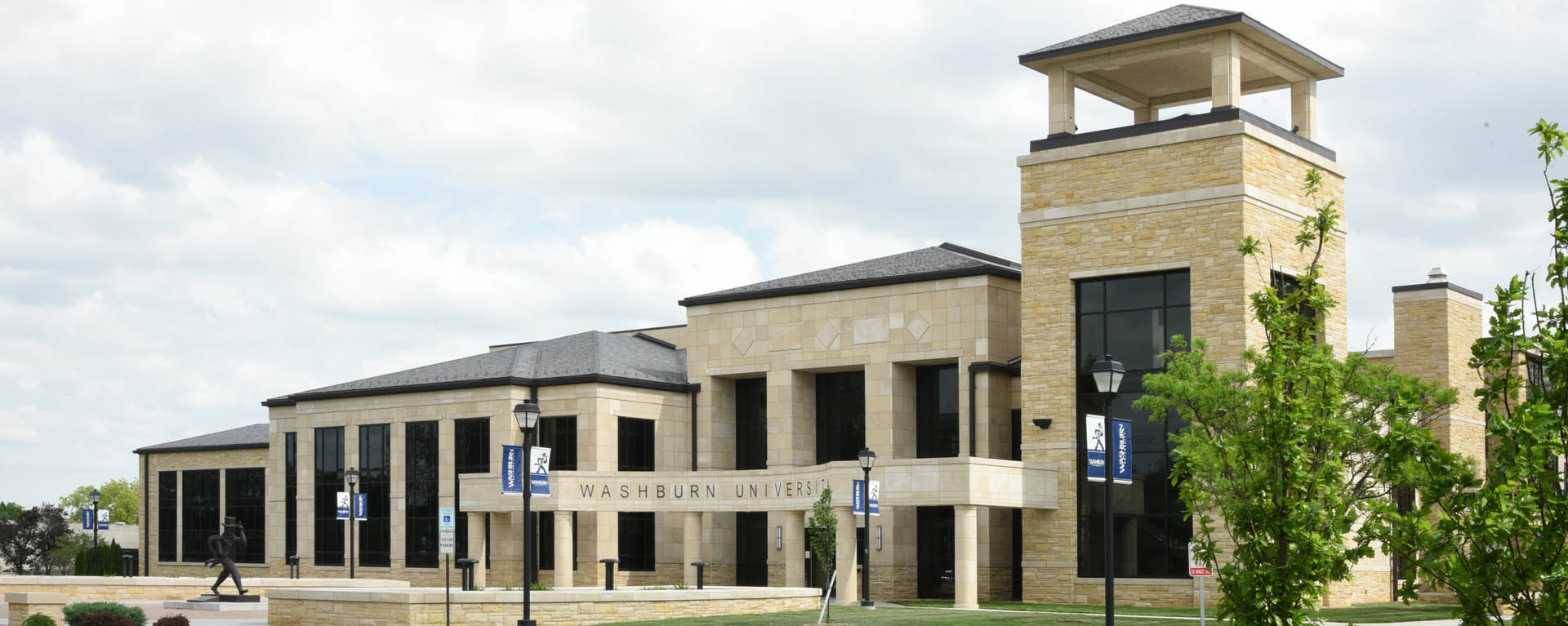
Topeka, Kan. – Washburn University’s forensic investigation students are adding valuable real-world knowledge to their resumes, thanks to a donation from the Kansas Bureau of Investigation (KBI). The KBI donated a Leica ScanStation C10 3D laser scanner to Washburn University’s criminal justice and legal studies department. This 3D scanner, which will be used primarily in the forensic investigation program, gives students the opportunity to work with the same technology and equipment used by crime scene professionals across the nation.
In late 2019, the KBI had the opportunity to purchase a new 3D scanner from Leica - as part of this purchase, they received a trade-in credit for their ScanStation C10 laser scanner. Robert Jacobs, executive officer with the KBI, asked Leica if the scanner could be donated to Washburn forensic investigation program instead. Leica honored the trade-in discount and allowed the scanner to be given to Washburn.
The KBI Forensic Science Center opened on the Washburn University campus in 2015. Approximately 120 KBI scientists work in offices and laboratories on the south side of the building, while Washburn University students learn in classrooms and laboratories on the north side. Some KBI scientists and special agents teach criminal justice courses at Washburn and Washburn students also intern at the KBI.
“The donation of the 3D scanner was a natural extension of this partnership the KBI has with Washburn University,” said Jacobs. “These efforts will support the growth of forensic science and law enforcement professionals within the state of Kansas.”
Washburn University’s criminal justice and legal studies department is adding a 3D scanning course to the forensic investigation curriculum in fall 2021 to ensure its students are competitive and prepared to work with current technology. This elective will help round out the education of Washburn’s forensic investigation students and teach them valuable skills they’ll use in their careers. Melanie Worsley, chair of Washburn’s criminal justice and legal studies department, hopes to use the scanners in other programs in the future.
“The use of 3D scanners to analyze crime scenes is becoming more and more common,” said Worsley. “When our students graduate understanding how to use the 3D scanners, they become even more marketable to agencies.”
The 3D scanner is capable of recording 50,000 points of data per second with a single 3.7 million measurement point cloud collected in under 2 minutes. The measured points are spatially correct so the measurements show up as a true visual representation of the scanned scene. The data is then transferred to software that students will use for evidence analysis and to recreate a crime scene. Laser scanners routinely create documentation that can be used in court proceedings to provide insight to evidence and allow the court to have a visual presentation of the scene and analysis that was performed.
The use of 3D scanners at crime scenes is becoming more common across the country, but learning to use these scanners, or even seeing one of these scanners in “real life,” is still rare at the collegiate level. Most criminal justice students don’t graduate with experience using 3D scanners and software to recreate crime scenes.
“To have exposure to scanning and the software program will give Washburn’s students such an advantage when pursuing a career in crime scene investigation and law enforcement,” said Rebecca Vincent, senior forensic scientist with Johnson County Sheriff’s Office Crime Lab. “I have not had any interns or new hire that were familiar with scanners; we have to teach them on the job. If an applicant had this knowledge and experience, it would definitely make them more marketable.”
-30-
Editor’s Note: This link includes specs and a photo of the Leica ScanStation C10 3D Laser Scanner: http://w3.leica-geosystems.com/downloads123/hds/hds/scanstation%20c10/brochures-datasheet/leica_scanstation_c10_ds_en.pdf


